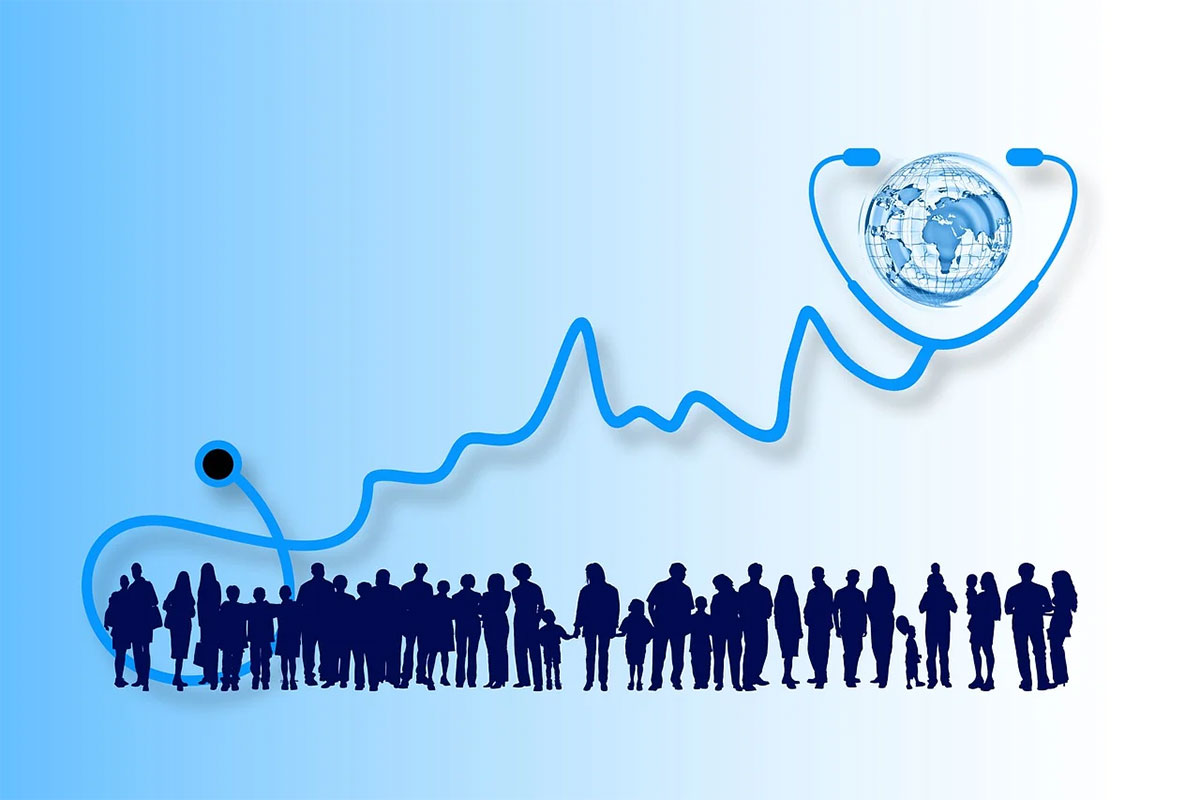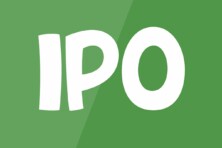In the evolving healthcare landscape, ensuring top-notch patient care is of importance. To achieve this goal, healthcare professionals must possess up-to-date knowledge and skills.

One valuable tool that has gained popularity in the healthcare industry is Learning Management Systems (LMS). By harnessing the capabilities of LMS platforms, healthcare organizations can elevate their staff’s education and training, ultimately leading to improved care.
This article delves into how LMS, like HelathStream Learning Centre, plays a key role in enhancing care through education.
The Significance of Ongoing Education in Healthcare
Ongoing education holds significance for healthcare professionals as it empowers them to stay abreast of the latest advancements in medical treatments, research discoveries, and regulatory guidelines. Consistent educational interventions have been proven to enhance performance, reduce errors, and bolster patient safety. In an evolving sector like healthcare, professionals must embrace learning wholeheartedly.
Challenges Faced by Healthcare Organizations in Educating Their Staff
While recognizing the importance of education, many healthcare organizations encounter obstacles when it comes to educating their staff members. Traditional methods, such as in-person seminars or workshops, often prove to be time-consuming and expensive. Additionally, scheduling conflicts and geographical constraints can pose difficulties for all staff members to participate fully.
Furthermore, managing training across locations can pose significant challenges for larger hospitals or healthcare systems. It is equally difficult to monitor employee progress and assess their level of knowledge retention.
How Learning Management Systems (LMS) Enhance Patient Care
- Accessible Learning Anytime Anywhere: One of the advantages of Learning Management Systems is their ability to provide learning options. Healthcare professionals can conveniently access a range of resources from any location using devices such as laptops, desktops, tablets, or smartphones. This accessibility ensures that those working irregular hours or at locations can actively engage in ongoing educational activities.
- Personalization: LMS empowers healthcare organizations to develop tailored learning paths that align with each individual’s role and skill level. By personalizing content, healthcare professionals can concentrate on areas that need improvement or stay updated with their specialties’ advancements. This targeted approach to learning enhances development and guarantees that the education provided directly applies to job requirements.
- Consistency: Large healthcare organizations often face challenges in achieving training across locations. LMS platforms facilitate content delivery, ensuring that all staff members receive a level of education regardless of their physical location. By centralizing materials, healthcare organizations can also ensure that the information provided adheres to practices and regulatory guidelines.
- Monitoring Progress and Evaluation: Learning Management Systems offer tracking capabilities that allow managers to monitor real-time progress. Comprehensive reports help identify areas that require training interventions or address knowledge gaps. Healthcare organizations can make decisions about their educational investments going forward by accessing data on employee performance and skill acquisition.
- Promoting Collaborative Learning: LMS platforms provide features like discussion forums, chat functionalities, and peer assessment modules that foster collaboration among healthcare professionals. These social learning opportunities facilitate the exchange of ideas, sharing practices, and collective problem-solving. Engaging in learning builds a sense of community among professionals and encourages ongoing knowledge exchange.
- Cost Effectiveness: Implementing an LMS platform significantly reduces training costs associated with in-person seminars or hiring trainers. With LMS platforms, healthcare organizations can create their e-learning content or subscribe to comprehensive libraries containing pre-built courses tailored to various medical specialties.
Now that you know the importance of using LMS for patient care education in the healthcare sector make sure to incorporate it as soon as possible.
Conclusion
Education plays a role in ensuring top-notch patient care. Learning Management Systems have become a tool for healthcare organizations seeking to enhance the education and training of their staff. With benefits ranging from accessibility and customization to standardization progress tracking, collaboration opportunities, and cost efficiency, LMS platforms offer advantages that contribute to a level of patient care. By embracing technology and harnessing LMS platforms, healthcare organizations can optimize their initiatives, leading to positive clinical outcomes and increased patient satisfaction.









